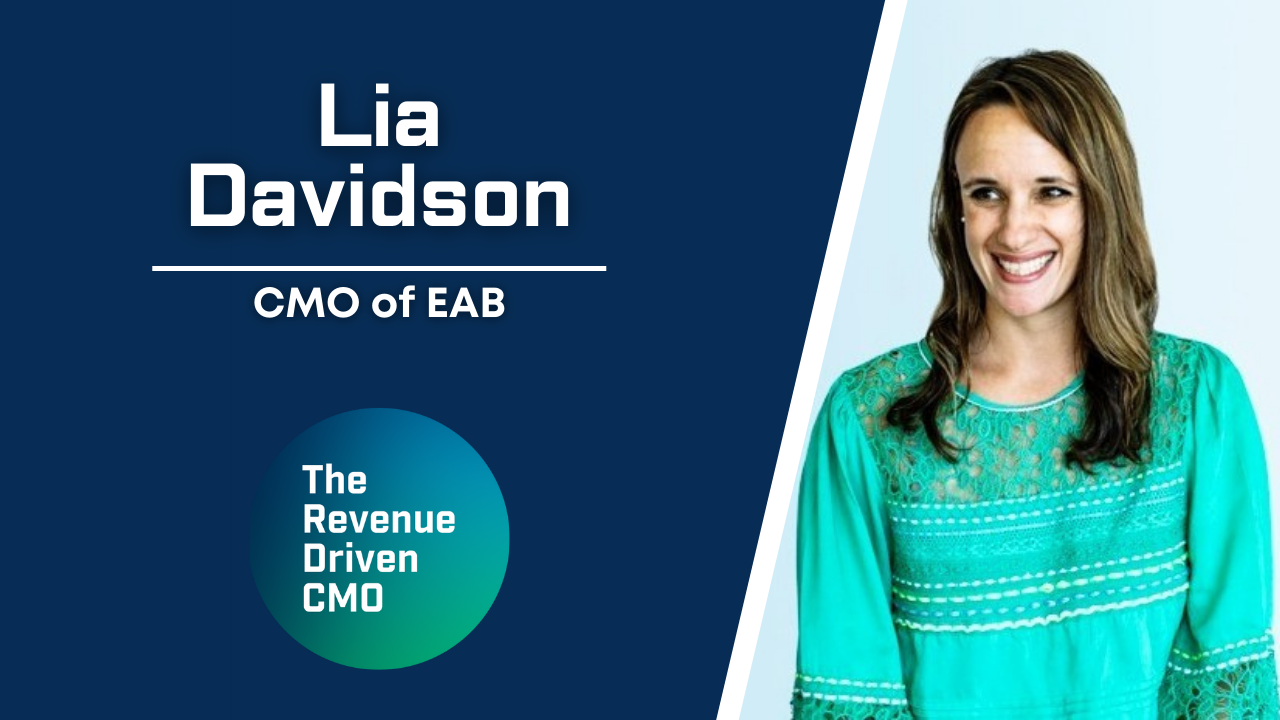
Do You Need Help With Sales? Part 1
Joe Johnson is referred to your company and is a smoking hot lead that you can’t wait to close a deal with. “That’s 3g’s a month for 18 months please” you say. “No problem, where do I sign?”
If only it were that simple.
Keep reading this blog post if you really need help with sales. Learn how to effectively appeal to buyers and increase your sales each month. What I talk about here mainly concerns SEO, but could be applied to any kind of B2B sales.
Are you in it for the fat commission?
Are you a business owner who wants to grow?
Either way, this article is for you.
How do you convert the skeptical buyers?
You know you can absolutely CRUSH a potential client’s site, but he’s the “Our customers don’t really search online for our services” guy.
Yeah right.
You launch into all of the ways you can help his website. You talk about doubling his traffic, using Google analytics and using keyword research.
If only he understood how backlinks work!
After blasting your arsenal of everything you know about SEO how can he resist?
But he still says “Well I don’t think we’re interested.”
You see, for most companies SEO is a significant investment. The price will obviously be different for every SEO firm, but a contract could easily add up and cost thousands of dollars to implement. It’s because of the fact that you need to keep in mind that SEO isn’t a “one size fits all.”
So getting Joe Johnson to sign the bottom line might be trickier than simply vomiting all of your SEO knowledge and hoping that he takes to it.
Often times during the sales cycle, you and the company you’re trying to sign will go through a series of phone calls, appointments and meetings before a deal is made. This can happen over weeks, or in some cases, even months, before it’s done.
Here’s why.
Every buyer has a predisposed “concept” in mind when they shop around.
Most sellers need help with sales because they don’t realize how to identify the concept.
If you haven’t already read The New Conceptual Selling by Robert Miller and Stephen Heiman than I highly recommend you go purchase the book after you finish reading this blog post. I will be discussing the “concept” which is introduced and defined by these authors.
What’s the Concept?
Great question, glad you asked.
Every buyer, no matter who you are, has a concept. This term refers to what you really want. That’s it. It’s not the vanilla ice cream cone that you want. It’s the benefit from the ice cream. It’s the reason you got ice cream in the first place. Maybe it was hot out and you wanted something sweet and cold to help cool you off.
Why do people buy SEO? Sometimes customers themselves don’t even know.
SEO customers’ may want ROI, or they may want to look good to their higher-ups and increase their chances of moving up in the company.
Whatever the reason, it’s your job to figure it out if you want to close a deal.
How do you do that?
Listen, listen, and then listen some more.
I know this seems to be contrary to most salesmen’s beliefs, but I’m serious.
Conventional wisdom tells you that you want talk the whole time, right? Don’t let the customer get a word in and then push for the sign, catch him off guard before he can ask any questions! This technique will most certainly help with sales!
WRONG
This simply doesn’t work anymore. And those who say it does aren’t building long term, healthy relationships with customers that will lead to more sales.
Make sure you understand everything about this buyer’s wants and needs down to the smallest detail.
I mean really listen.
It seems that 9 out of 10 salesmen want to talk the customer’s ear off. This method most certainly encourages the buyer to hang up the phone.
When you go to the doctor because your foot hurts and he notifies the proctologist then clearly he has misread your diagnoses!
So how does this apply to sales? Well, you’re basically diagnosing problems and recommending treatment.
Sell with that mindset.
You don’t want customers to come away from a sales call confused and not sure if they did the right thing. You want customers’ to come away thrilled that their wants and needs have not only been met, but exceeded.
Wait a sec, so let me get this straight. You just listen listen and then listen some more? Who is talking then? The customer? That’s crazy!
Right you are. The customer should be talking for a large part of the conversation.
How does the conversation go anywhere if I’m not talking?
ASK QUESTIONS!
Effective use of questioning is the best way to listen and understand a buyer’s concept to help with sales. Here are few good questions you can ask in order to help I.D. the concept:
- Tell me about how the SEO conversation first started? (Why do they think SEO will help?)
- What are you looking to do? (Why are they calling?)
- If we signed right now and you looked back a year later what would make it worth it? (Their concept is now measurable)
- *silence* (Let that sit and they may expound on their previous answer providing you further information)
- At this point how do you feel about SEO? (The answer will give you insight on whether or not you have effectively provided value or if you just vomited product knowledge)
These are a few questions to get you started. Make sure you practice these techniques and refine your questioning skills so you can bounce back and forth fluidly between questions. The conversation doesn’t always present a fluid 1 2 3… questioning method.
Selling SEO Involves More Than Bells and Whistles
You can’t just toot your bells and whistles and expect the buyer to pull out his check book and ask for your pen. As many of you may have guessed by now it’s all about providing value. However, that value may present itself differently for each buyer.
Now that you can identify the concept, look for Do You Need Help With Sales Part 2 to learn how to identify all of the buying influences to really ramp up your selling skills!
***Remember, you don’t sell features you sell benefits!
Most newsletters suck...
So while we technically have to call this a daily newsletter so people know what it is, it's anything but.
You won't find any 'industry standards' or 'guru best practices' here - only the real stuff that actually moves the needle.







